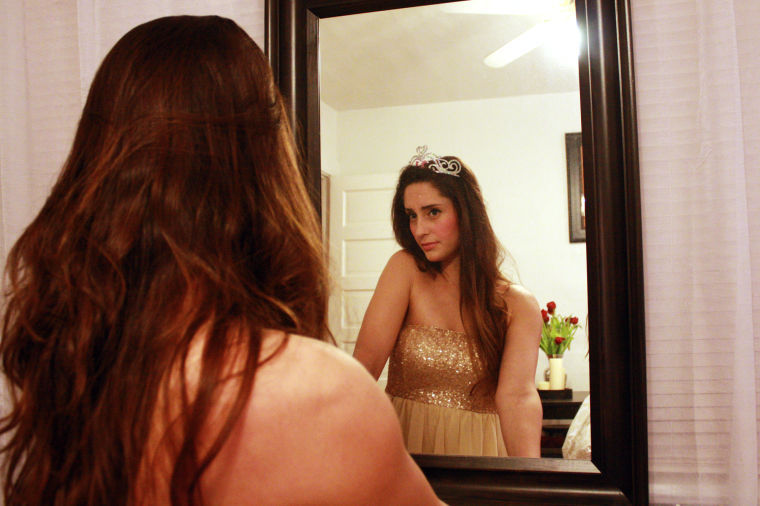Disney lessons still relevant as an adult
February 26, 2014
Once upon a time we were all endowed with wise advice from the beloved Walt E. Disney. With his magical cartoon creations he taught us some of life’s simplest rules.
Through subliminal messages we learned that a dream is a wish your heart makes, a spoonful of sugar can make the medicine go down, and with courage and motivation, we can go the distance.
Many of us grew up on these life lessons.
Unfortunately, while transitioning into adulthood, these morals somehow managed to be put up in the attic along with Andy’s best friends Sheriff Woody and Buzz Lightyear.
It’s time to take them back out.
A lesson Disney taught us, which some of us have subconsciously forgotten about, is to have self-acceptance.
As human beings we tend to become self-conscious of things we view as personal flaws. We place too much value on looks and constantly feel as though we’re not good enough.
The lesson of acceptance towards one another and one’s self was first seen in the classic 1991 Disney movie Beauty and the Beast, and then again in the 1996 Disney movie, “The Hunchback of Notre Dame.”
The independent and kindhearted main character Quasimodo was the deformed bell-ringer of Paris. His presence was hidden from the world because his ‘adopted parent,’ Minister of Justice Claude Frollo, made Quasimodo believe that he was a monster and would never be accepted.
As the story continues Quasimodo ventures out of the bell tower and encounters friends, such as Esmeralda, the Gypsy dancer. By the end of the movie he is accepted by the town and realizes that he never had to hide in the first place.
Quasimodo taught us as children that it is okay to be different and we should never be ashamed of the way we look. People might judge, but that’s their problem.
The most recent Disney movie portrayed the same life lesson, but through the perspective of a young woman.
In the ice-packed movie “Frozen,” two princess sisters Elsa and Anna, are torn apart because of Elsa’s peculiar ability to create ice and snow from her hands.
When Elsa’s power accidentally injures her younger sister, their parents lock Elsa away so she can practice controlling her power. She is forever haunted by the words of her father who told her to “conceal it, don’t feel it.”
With those words her father gave her the wrong impression that her ability is unwanted and would not be accepted by the town of Arendelle.
Both of these Disney animations present the same message. It’s okay to be different.
Another valuable message Disney bestowed unto us was from the wise motto “Hakuna matata.” It means “no worries.”
In the undeniably heartwarming musical adventure of the African kingdom we learned that not everything needs to be taken so seriously.
As adults, we are constantly stressed and forget that not everything is as serious as it may seem.
Having the ability to take a step back and use the “problem-free philosophy” of Timon and Pumbaa can do us all good, especially in college when juggling classes, clubs, work, and or other organizations.
We all need to have the ability to not worry, at least once in a while.
Through time Disney has taught us morals that touched our hearts as children. We should still carry these morals in our hearts today.
Disney helped us learn that, like Ariel, we should never stop adventuring out into the unknown. You can whistle while you work to have a clean and happy home like Snow White, and if you tell a lie, though your nose won’t grow like Pinocchio’s, the truth will come out eventually.
We’re all getting older. While none of us are able to go to Never Land with Peter Pan, we can never forget these simple life lessons we learned through all of the Disney motion pictures.
Besides, like Sebastian the crab said, “The human world is a mess.” So go back and get lost in Disney movies.
You never know what lessons you might re-learn.









